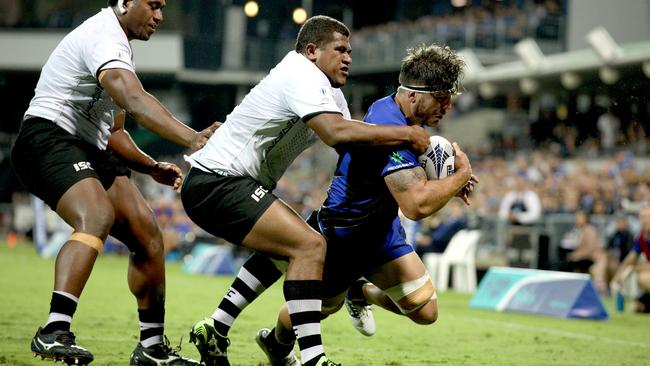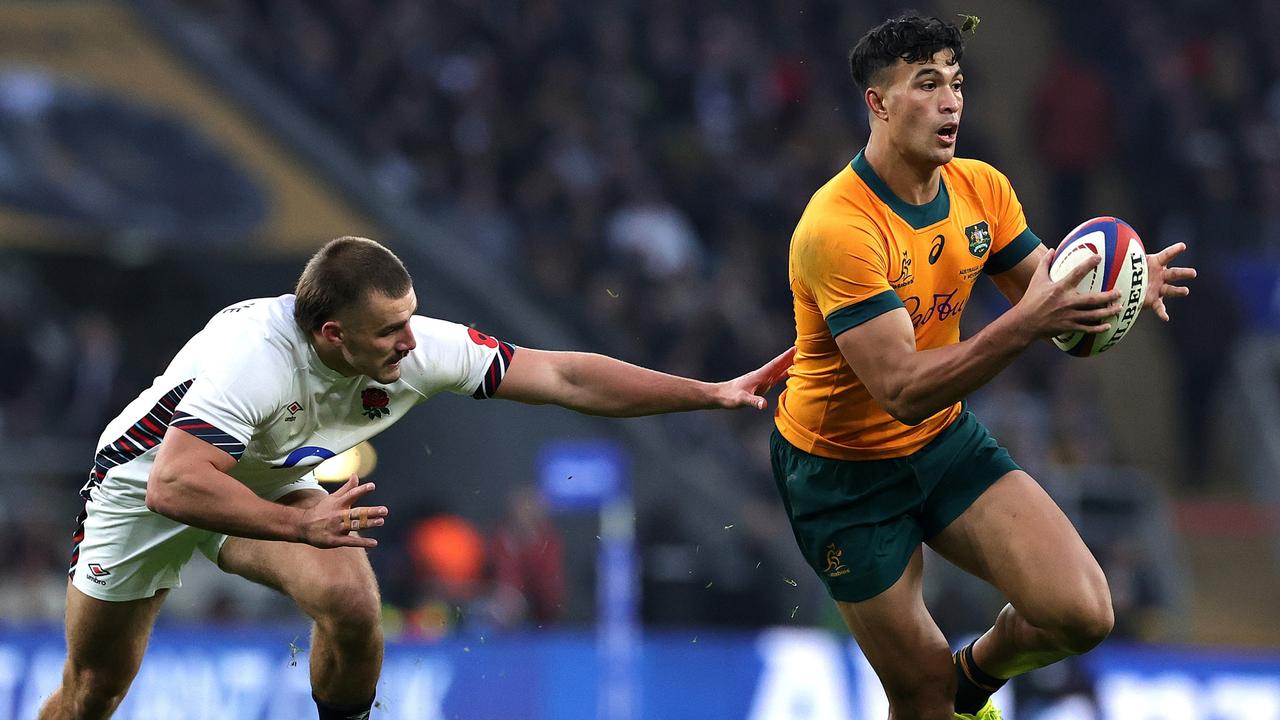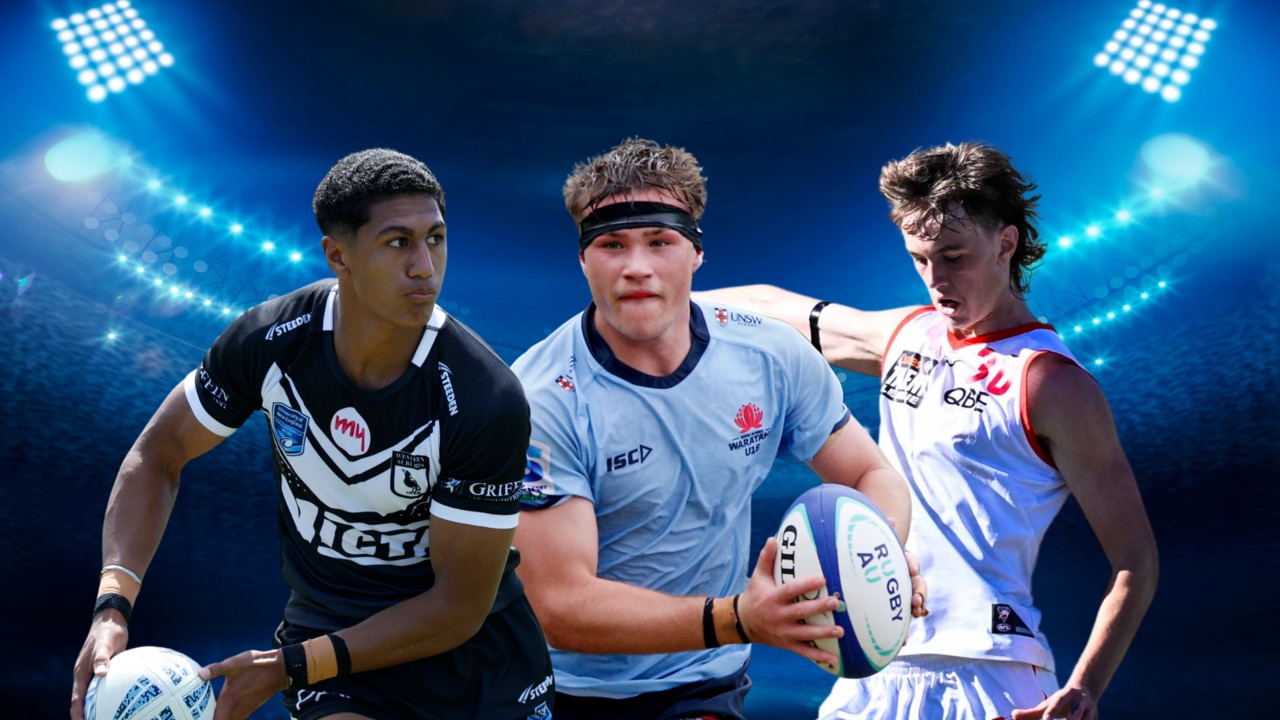Western Force return sparkles on many fronts
The Force’s return to rugby was a win for Western Australia and for the game itself.

Among the 19,466 spectators at Perth’s NIB Stadium on Friday night was one who was delighted at how well the Western Force performed in their resurrection match — Rugby Australia’s deputy chairman Brett Robinson.
The match sparkled on so many fronts. Not only did the Force beat the Fiji Warriors 24-14 in game one of a seven-match World Series Rugby schedule, but the biggest crowd to attend a rugby match in Australia this year was royally entertained, both on and off the field.
And although he went to Perth as the ambassador of the organisation responsible for culling the Force from Super Rugby, Robinson was impressed with how well West Australians had reconnected with the Force.
“People came along and were really pleased to see their team playing again and could connect with that,” Robinson said. “It was great to be there for that.”
Robinson acknowledged that some of the more conservative Super Rugby franchises could take their lead from some of WSR’s on and off-field innovations.
“I think there is a lot to learn,” he said. “There were some fresh ideas around the edges, which were great.”
Robinson was particularly taken by WSR’s attempts to speed up the scrum. He has been agitating for change at international level and will address World Rugby’s referees camp in Sydney on Wednesday and Thursday about how scrums have become a chance for players to take a breather and are used as a time-wasting tool, particularly when one side has a player in the sin bin.
“I’ll take the opportunity to raise the issue of match-day management and the responsibility they have to push sides to get themselves organised. But at the moment they don’t have any way of legislating against inaction.”
The new rules, in use for the first time, worked reasonably well in Perth, although Force coach Tim Sampson admitted that old habits die hard and both sides failed to fully capitalise on the innovation which allowed the side feeding the lineout to take the throw as soon as they were ready.
“Players still tended to walk up to the lineout so we’ll discuss how we can do that better before our next game (against Tonga on Sunday afternoon),” Sampson said.
“But certainly the scrums seemed a lot cleaner. I thought the referee (Queenslander) Jordan Way handled them very well.”
Sampson admitted that even he was taken by surprise by the fact that the Force gelled right from the start and certainly for the first half-hour. Before fullback Peter Grant was taken off with concussion — he was taken to hospital but later released — there was all the speed and intensity of a Super Rugby match about the occasion.
“It’s a credit to the guys how well they played and I told them that in the dressing rooms afterwards,” he said.
“They did play good footy — beyond expectations, I would have to say. The errors were kept low, our continuity in attack was good and our defensive line was outstanding. Even the Fijians found it pretty hard to break.”
It’s the nature of Fijian rugby to treat defensive lines with disdain but certainly for 70 minutes of the match, the low-tackling focus of the Force held them at bay. It was only in the 10 minutes after halftime that the Perth team forgot their game plan and began to tackle the Fijians — ineffectually — around the midriff, but captain Ian Prior soon managed to get his players’ minds back on the job.


